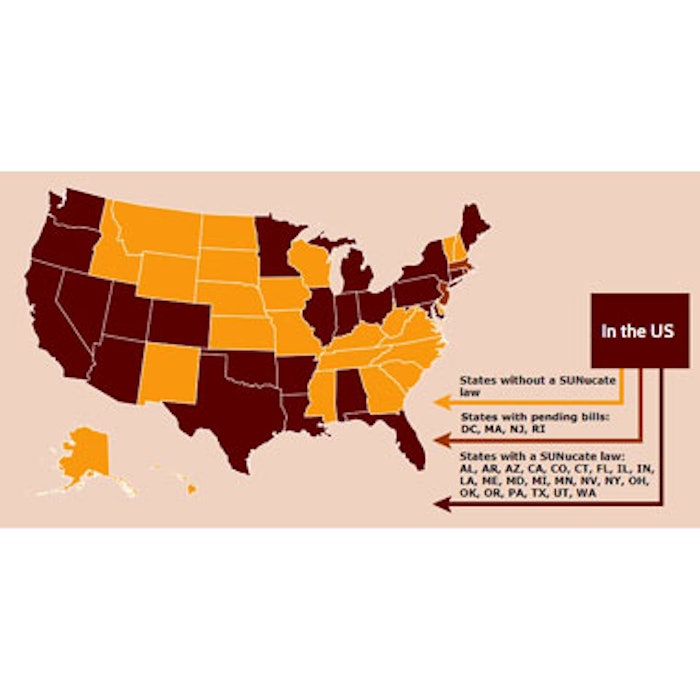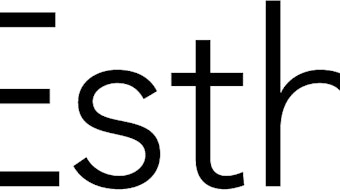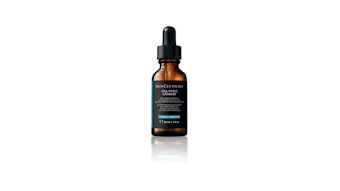
Connecticut has adopted legislation that allows students, with permission from a parent or guardian, to self-apply sunscreen during the school day. Senate bill 922 is based on SUNucate model legislation, developed by the American Society for Dermatologic Surgery Association (ASDSA). It allows students six years or older to possess and self-apply over-the-counter sunscreen in school before outdoor activities, if a parent or guardian has provided written authorization to the school nurse. Connecticut is the 23rd state—and sixth state this year—to enact such legislation.
“The momentum of the passage of SUNucate legislation throughout the U.S. demonstrates lawmakers’ commitment in these states to promoting sun-safe behavior in children,” said ASDSA President Murad Alam, MD, MBA. “I congratulate Connecticut for adopting this important bill, and hope other states without similar legislation will consider following Connecticut’s lead.”
The Sunucate model legislation is a key part of the SUNucate initiative developed to address barriers to sunscreen use in school and camps and promote sun-safe behavior. ASDSA worked with the 60-member SUNucate Coalition, which includes state and national medical specialties and patient and consumer groups, to advocate for the passage of this law.
The need for such legislation arose after dermatologists raised concerns about school policies that require students to have a note or prescription from a physician in order to self-administer medications. Sunscreens are regulated as over-the-counter drugs under the Federal Food, Drug and Cosmetic Act, making them subject to these policies.
To learn more about SUNucate, visit www.asds.net/SUNucate.
Image: Map of states that have enacted SUNucate legislation











